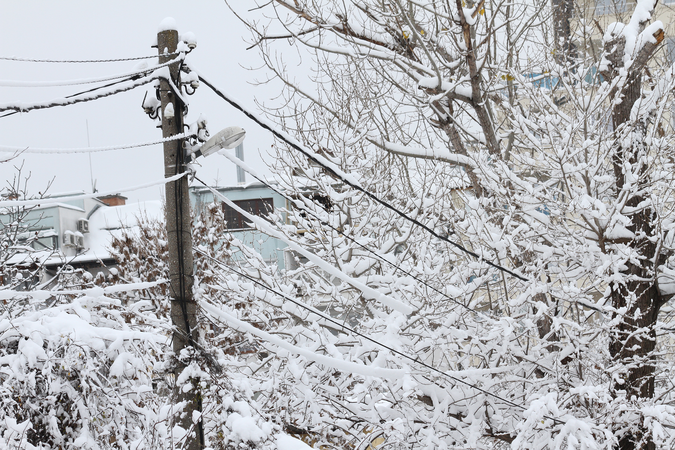US Energy Security: Traditional and Emerging Challenges
U.S Energy Security: Traditional and Emerging Challenges
An RFF Symposium
January 28, 2002
Spikes in gasoline prices, continued instability in the Middle East, and the terrorist attacks of September 11 have revived debate about the need for energy policy to strengthen U.S. national security. Decision-makers are once again considering whether the U.S. is too dependent on imported oil, and how best to protect the economies of the industrialized world from potential oil price shocks. Increased volatility of gasoline and electricity prices and product shortages in regional markets have also sparked fears that the energy infrastructure is too brittle to provide reliable supplies of energy to fuel our economy - a weakness further exacerbated by the prospect that the infrastructure itself could be a potential terrorist target.
On January 28, 2002, Resources for the Future (RFF) brought together leading experts from the policy, business, environmental, and academic communities as well as the media to discuss traditional and emerging challenges to U.S. energy security. Two expert panels and audience participants offered their insights on a variety of energy security issues:
- To what extent is our dependence on foreign oil a threat to national security? Should we reduce that dependence? And if so, how?
- What emphasis should we place on new energy development and energy conservation in enhancing our national security?
- Is there a national security rationale for drilling in the Arctic National Wildlife Refuge and other environmentally sensitive areas?
- How vulnerable is the U.S. economy to potential oil price shocks?
- What is the best way to handle price volatility and shortages in regional domestic energy markets?
- How vulnerable is our energy infrastructure? What can we do to reduce the prospect for accidental or deliberate supply disruptions?
- What policies will make our energy systems more reliable and ensure critical energy infrastructure is protected?
- How could new technologies and new energy sources affect reliability?
- Are current environmental policies impinging on energy reliability?
Panelists and participants assessed the nature of these traditional and emerging energy security threats and the implications of differing policy responses to these threats. A working lunch session featured a dialogue between senior staff from both sides of the aisle on the political dimensions of energy security policies.
Time Event/Speaker Video9:20 - 9:30 a.m.
Opening Remarks
Paul R. Portney
(President, Resources for the Future)
9:30 - 11:30 a.m.
Panel I:
Oil Supply - Domestic and International
- Paul Leiby Manager, Fuels Supplies Modeling and Research, Oak Ridge National Laboratory; NOTES: Oil Use and U.S. Energy Security: Problems and Policy Responses
11:45 a.m. - 12:45 p.m.
- Robert Weiner Associate Professor of International Business, George Washington University; NOTES: Talking Points
- Mine Yücel Assistant Vice President, Research Department, Dallas Federal Reserve Bank; NOTES: Oil Price Shocks and the Economy
- Michael Toman
Senior Fellow, Resources for the Future; NOTES: International Oil Security: Bringing the Pieces Together
Buffet Lunch and Dialogue
- Shirley Neff
Senior Economist, Senate Committee on Energy and Natural Resources
1:00 - 3:00 p.m.
Panel II: Domestic Energy Reliability and Volatility
- Eric Hirst
Consultant; NOTES: Bulk-Power Reliability and Competitive Electricity Markets
- Lou Leffler
Project Manager, North American Electric Reliability Council; NOTES: Critical Infrastructure Protection - Barry McNutt
Senior Policy Analyst, Office of Domestic Policy and International Affairs, U.S. Department of Energy; NOTES: Changing Industry Structure: Experiences of the early 1990s are not relevant to 2000 and later time frame - Howard Gruenspecht
Resident Scholar, Resources for the Future; NOTES: Emerging Energy Security Issues: Reliability and Critical Infrastructure Protection



